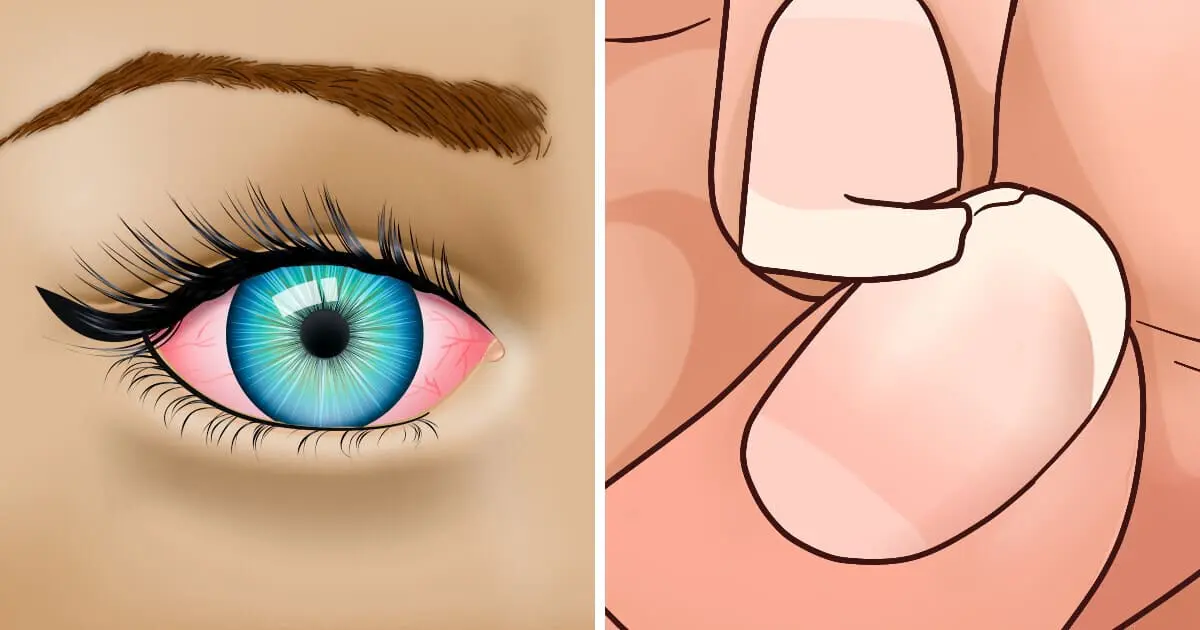The thyroid gland may be small, but it plays a huge role in keeping our bodies functioning properly. Located at the base of the neck, this tiny organ influences nearly every part of our system. When it malfunctions, our bodies send signals—though some are subtle and easy to overlook. Paying close attention to these changes can help detect thyroid issues early, allowing for quicker treatment and better outcomes.
Below, Borcd Panda highlights the symptoms of thyroid disease and explores how factors like age, gender, and nutrition can influence its development.
Content is provided for informational purposes only and is not intended as a substitute for medical advice. Always consult your doctor for guidance regarding your health and medical conditions.
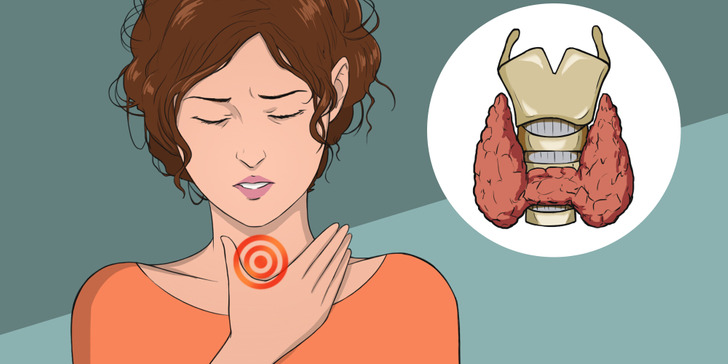
Hyperthyroidism
Hyperthyroidism is one of the two main types of thyroid diseases. A healthy thyroid releases just the right amount of hormones into the bloodstream to keep the body functioning smoothly. However, in hyperthyroidism, the thyroid produces too much hormone, which can overwhelm the body and lead to a range of symptoms.
So, what are the signs of hyperthyroidism? Here’s one person’s experience:
“I started noticing that something felt off, but it happened gradually over the last two years. About a year ago, my hair began shedding heavily. I’d experience sudden waves of debilitating anxiety for no reason, a racing heart, overheating, trouble sleeping, and bouts of extreme fatigue.”
These are classic symptoms of an overactive thyroid. Because of these signs—and having a sister with hypothyroidism (an autoimmune condition)—this individual suspected a thyroid issue and asked their doctor to investigate.
If you’re experiencing similar symptoms, it’s important to consult a healthcare professional. Early detection and treatment can make a significant difference in managing thyroid conditions.
Content is provided for informational purposes only and is not intended as a substitute for medical advice. Always consult your doctor for guidance regarding your health and medical conditions. LuckyDJC / Reddit
1. Heart Palpitations
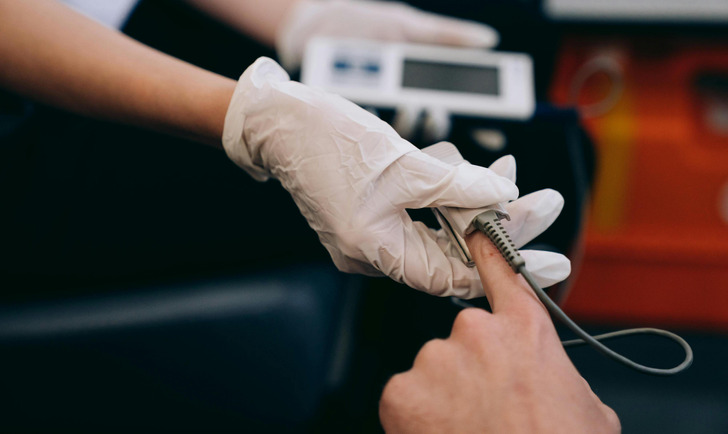
Too much of the thyroid hormone enhances the speed at which a heart beats.
2. Anxiety or Irritability

Thyroid disease can significantly impact your mood, particularly in cases of hyperthyroidism, where an overactive thyroid often leads to feelings of nervousness or irritability. This thyroid-related anxiety typically occurs alongside other physical symptoms, such as unexplained weight changes, heart palpitations, and body aches. If you’re experiencing these signs together, it could indicate a thyroid imbalance worth discussing with a healthcare professional.
3. Decrease in menstrual cycle

The menstrual cycle and reproductive system is also affected by thyroid disease. It can cause irregular menstruation and a lighter flow, and fertility issues could result from this.
4. Increased appetite

As the thyroid produces hormones that control metabolism and how the body uses energy, an excessive release of these hormones will then increase a person’s appetite.
5. Eye problems
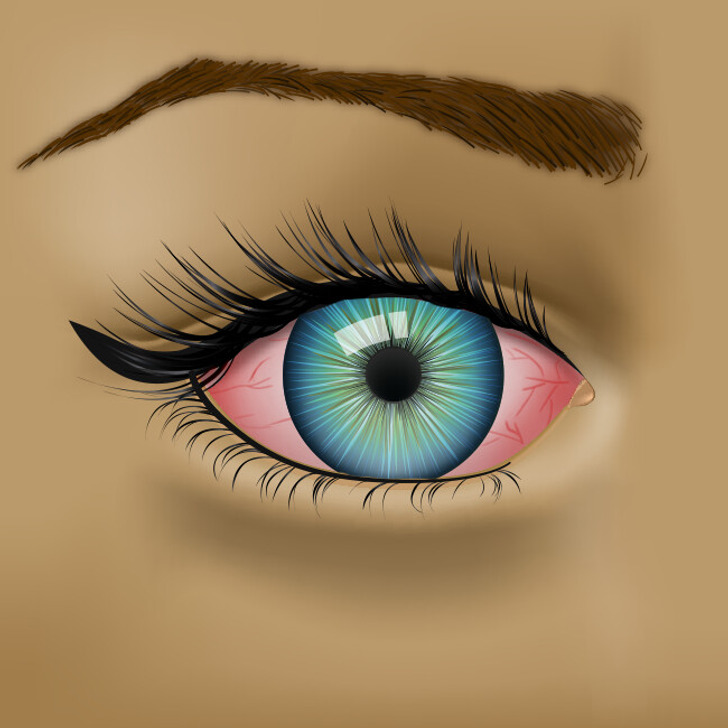
Many people experience modest eye issues which include redness, dryness or vision problems; dry, gritted eyes that are sensitive to light, watering eyes, double or obscured vision, crimson eyes or bulging eyes with red, puffy, or drawn-back eyelids.
6. Increased Sweating

Hyperthyroidism may be indicated by excessive and frequent sweating. People with this type of thyroid disease are typically warm, with skin that’s moist to the touch.
Age and Gender
- Older people may encounter more subtle symptoms which includes an irregular heartbeat, weight loss, depression, and daily fatigue.
- Women over 60 are more likely to develop a thyroid condition.
- In children and teens, thyroid hormone is necessary for normal growth and development. Teenagers’ bodies require sufficient amounts of these hormones to sustain specific processes – Puberty is one of those processes. Teenagers who have high levels of thyroid hormone in their blood for an extended period of time may grow more quickly and experience puberty earlier.
Nutrition
- Those with an overactive thyroid may benefit from the following foods: low iodine foods like fruit and fruit juices, egg whites, fresh or frozen vegetables, herbs and spices and vegetable oils; leafy green vegetables; foods with selenium like rice, egg whites, baked beans, oatmeal, spinach etc. and foods with iron, calcium, vitamin D and spices. Avoid caffeine, gluten, soy and foods containing iodine such as fish, kelp, seaweed, dairy products, iodine supplements, red-dyed foods, and egg yolks.

Hypothyroidism
This occurs when the thyroid produces too little hormones to distribute to the whole body, and this causes certain parts of the body to malfunction. Symptoms may not be so noticeable at the early stages, as some are not as common. So, what are some of these symptoms?
“My eyebrows have been thinning, and I’m suspecting it to be hypothyroidism because I have a thyroid condition like hypothyroidism. However, it’s the ONLY symptom I am having right now. Is thinning eyebrows only a precursor for worser symptoms, or should I be experiencing more than just that?” Wt87745 / Reddit
1. Eyebrow hair loss
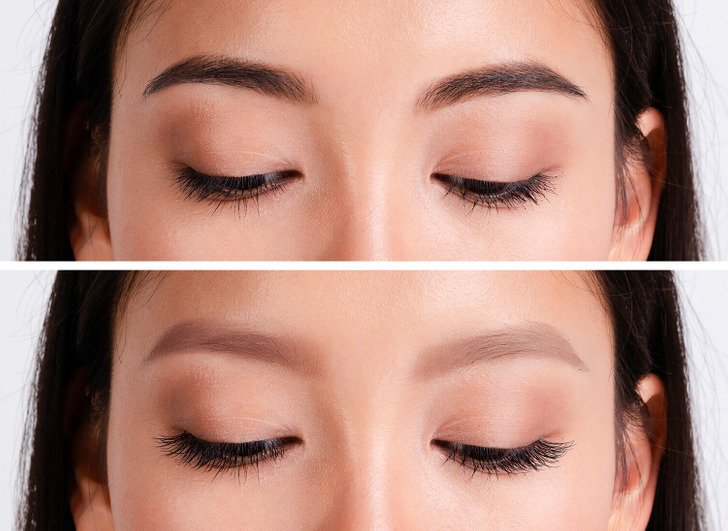
An eyebrow will usually lose hair at the outer corner of the eyebrow – the part closest to the ear, due to hypothyroidism. Thyroid-related hair loss is often not permanent, and the hair should regain its fullness once thyroid levels return to normal.
2. Thick, dry, brittle nails
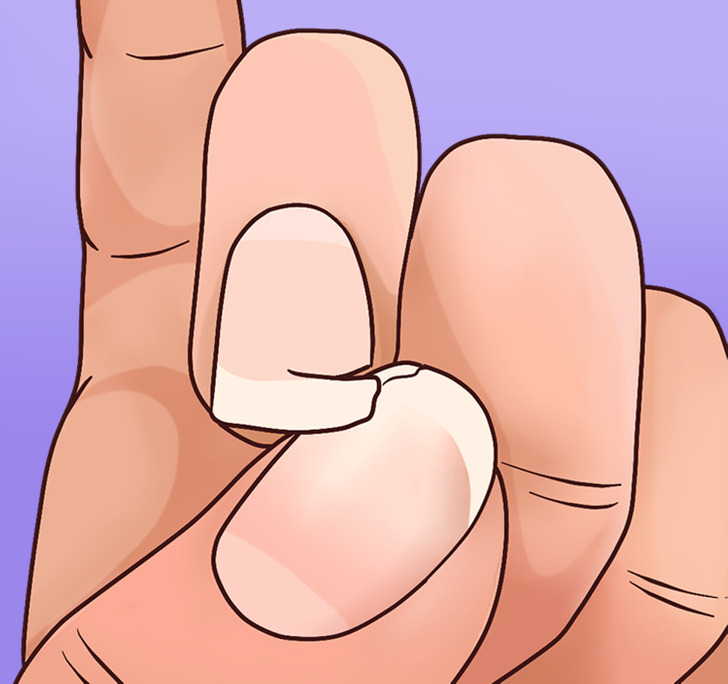
A person’s fingernails and toenails may vary in appearance and health due to thyroid issues. Nails can grow more or less swiftly, they could change their appearance, including ridges and shine and alterations in texture, such as brittle nails that lift off the bed.
3. Memory Problems
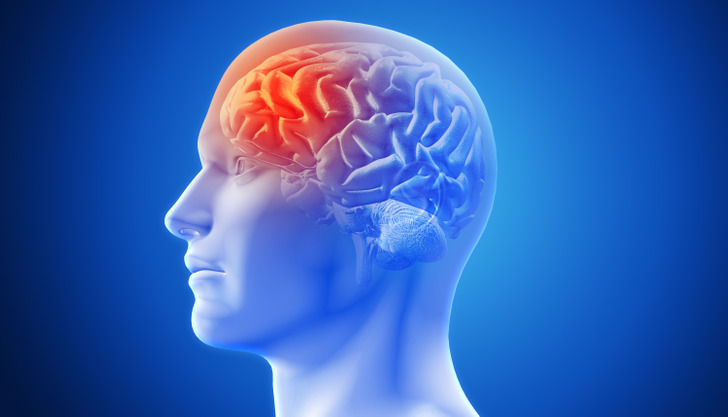
Mentally, thyroid disease — hypothyroidism — doesn’t release enough hormones to the mind, creating a mental fatigue whereby a person can’t easily retain information.
4. Cold feet

Due to a slower metabolism, the body’s temperature decreases, causing cold hands or feet. An underactive thyroid may also cause the feet’ soles to develop dry, cracked heels. Skin may appear leathery in texture and look or develop deep, painful cracks.
Diet and Nutrition
- Iodine is used by the thyroid gland to produce thyroid hormones. However, if you have Hashimoto’s disease or other autoimmune thyroid problems, you may be more susceptible to iodine’s negative side effects. Eating foods high in iodine, such as kelp, dulse, and other types of seaweed, may cause or aggravate hypothyroidism. Taking iodine supplements can produce the same effect.
- Pregnant women: Because a fetus receives iodine from the mother’s diet, pregnant women require more iodine during pregnancy.
Age and Gender
- Women over 60 are more likely to develop a thyroid condition.
- Infants can develop hypothyroidism. Most newborns born without or with a malfunctioning thyroid gland do not exhibit symptoms immediately, but if hypothyroidism is not detected and treated quickly, symptoms such as feeding issues, poor growth, poor weight gain, jaundice (a disorder characterized by yellowing of the skin and whites of the eyes), constipation, poor muscular tone, dry skin, crying in a raspy voice, an enlarged tongue and a soft swelling or bulging near the belly button, sometimes known as an umbilical hernia can develop.
When an infant’s hypothyroidism is not treated, it can develop into serious physical and mental development issues. - Teens: Children and adolescents with hypothyroidism can experience all the common symptoms but, they may also have poor growth causing a small stature, slow development of permanent teeth, delayed puberty and poor cognitive development.
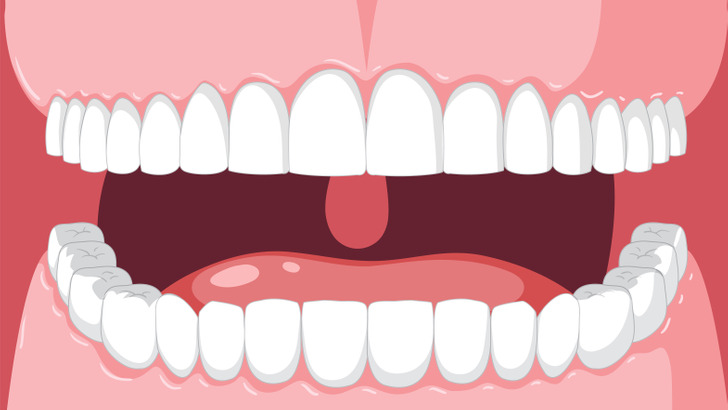
Impact of Stress on Thyroid Function
Stress can fuel thyroid disease symptoms by making them worse or causing them to take longer to go away. One needs to avoid stressful situations, as best as possible, and speak to a trusted medical consultant if they suspect that they might have the disease.
Here are some techniques to alleviate stress:
- Regular exercise
- Avoiding stressors wherever possible.
- Breathing techniques
- Psychotherapy and other therapeutic techniques
- Activities include yoga, mindfulness, meditation, and journaling

Our bodies are constantly speaking, we just have to listen so that we can give ourselves the best things we deserve. So check out this article to understand what your urine is saying about your health.
credits by: Brightside.me
